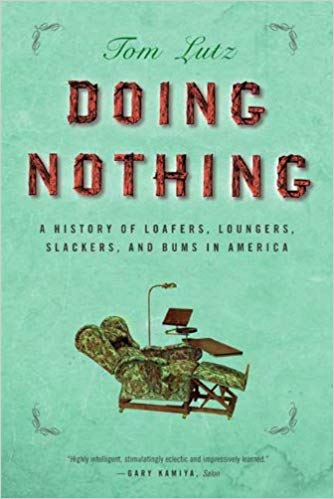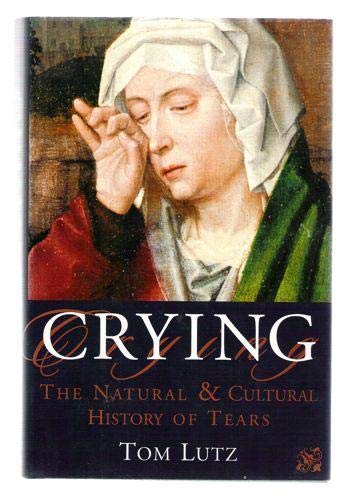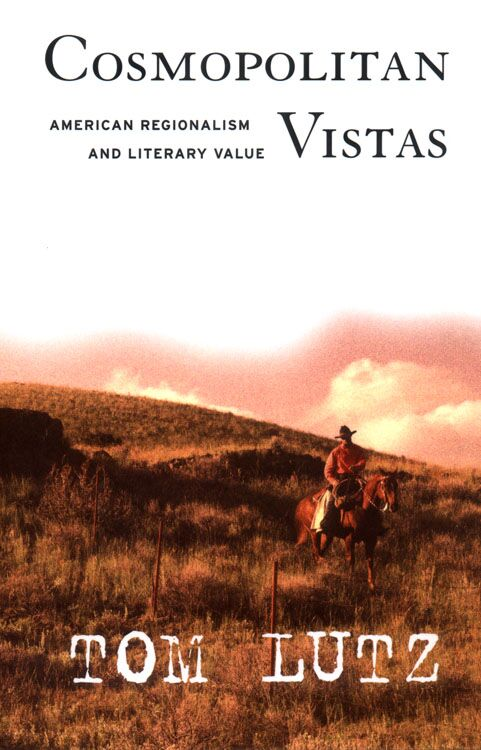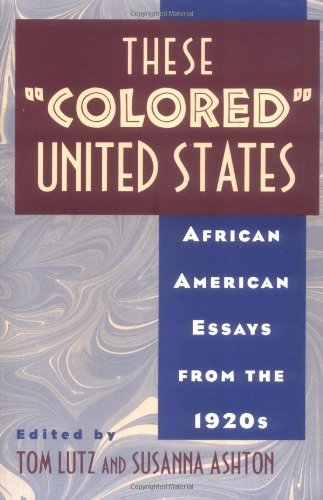
From the author of Crying, a witty, wide-ranging cultural history of our attitudes toward work--and getting out of it

Born when his son Cody decided to take a year off before college and proceeded to lie on the couch and watch TV day in and day out, this book started out as a look at people who reject the productive ethos of our bootstrap and elbow grease society, and turned into a more wide-ranging look at how Americans understand work, and how characters like the slacker function for us: we seem to like Horatio Alger’s entrepreneurial boys and the Big Lebowski alike—these characters help us imagine our way to our own conflicted, multilayered conclusions about what all our busyness, or lack of it, means.
Whenever the world of labor changes in significant ways, the pulpits, politicians, and pedagogues ring with exhortations of the value of work, and the slackers answer with a strenuous call of their own: “To do nothing,” as Oscar Wilde said, “is the most difficult thing in the world.” From Benjamin Franklin’s “air baths” to Jack Kerouac’s “dharma bums,” Generation-X slackers, and beyond, anti-work-ethic proponents have held a central place in modern culture.
Moving with verve and wit through a series of fascinating case studies that illuminate the changing place of leisure in the American republic, Doing Nothing revises the way we understand slackers and work itself.










